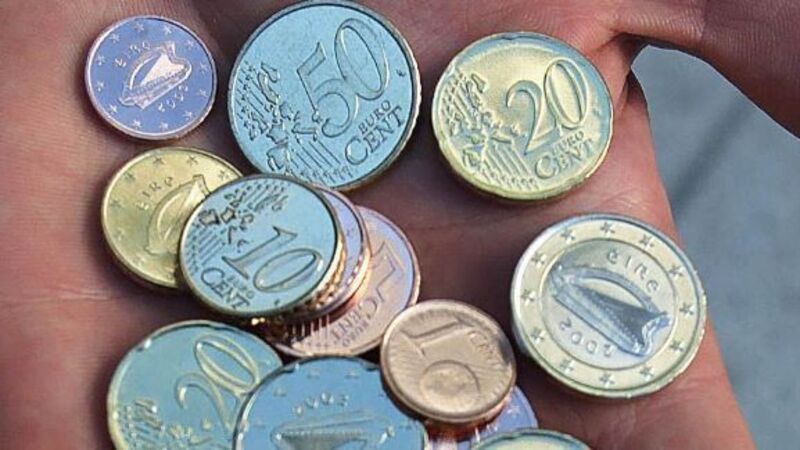EU quangos cost Ireland €25m a year

The cost of European quangos has ballooned, according to the British-based think tank Open Europe, who have tracked a 33% increase in the last two years alone.
The quangos are now costing European taxpayers €2.64bn in total.
















